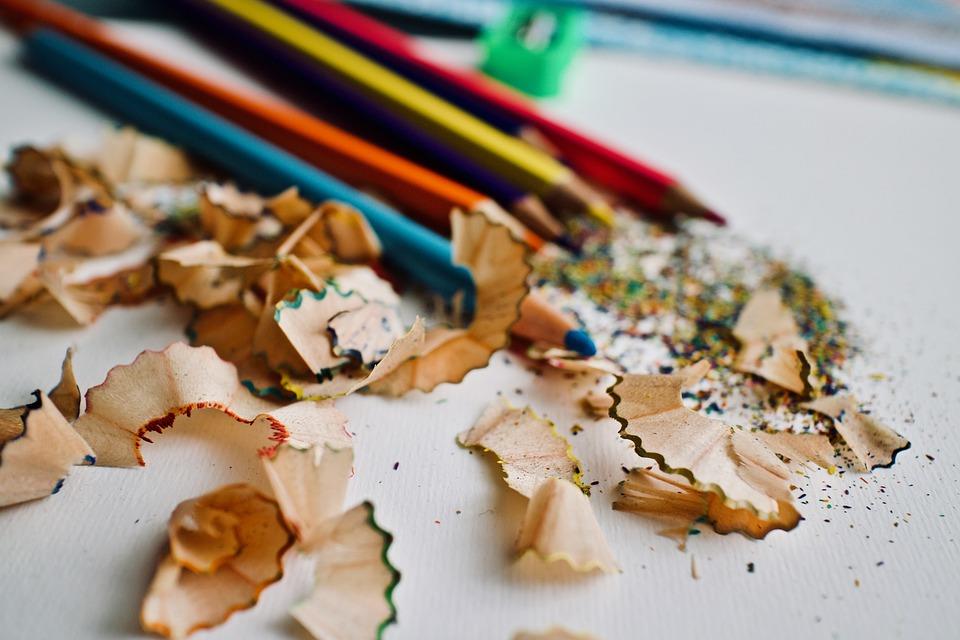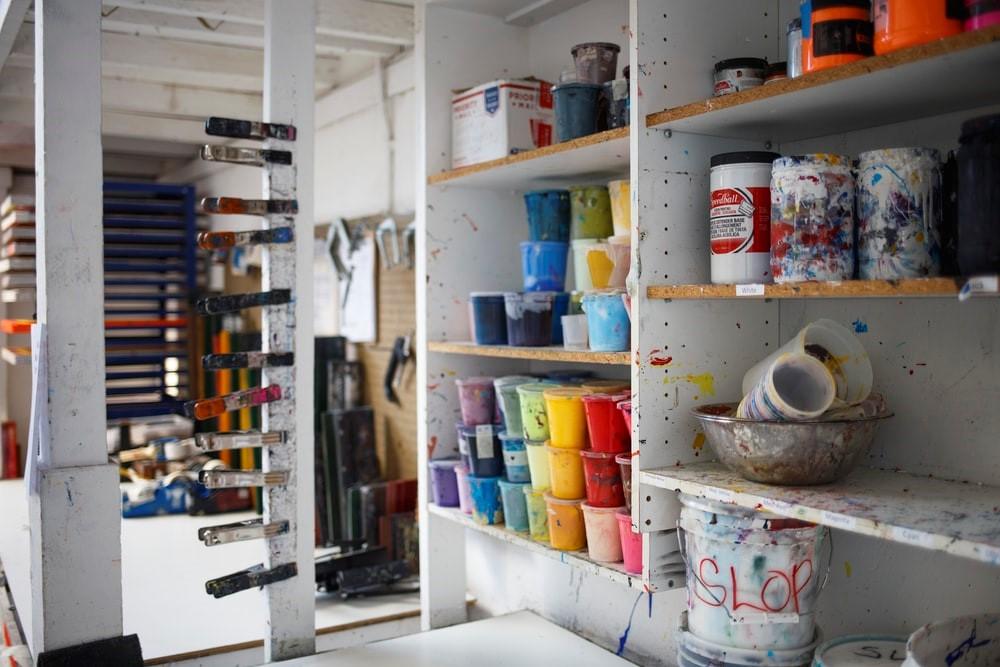Most people underestimate the demands of an art degree because of how society devalues and undermines the discipline.
This phenomenon makes it difficult for new students to cope with art school, as they expect it to be a walk in the park because of what they’ve been told.
In many circles, the thought that studying art doesn’t count as quality education compared to doing a technical 4-year degree is still prevalent. This stigma is as silly as it is inaccurate.
Studying art in an art school undoubtedly offers higher specialized learning; however, its curriculum and success standards are just as demanding as any other discipline.

Like conventional universities, many students enroll in art schools every year and realize quickly that it is not their cup of tea.
Therefore, here are seven tips for people studying art to help you thrive in art school:

Don’t Fret Over Your Choice Of School
The school you go to does not matter as much as what you accomplish while you are there. Only you are responsible for making your experience in the art school a valuable one.
Every school, not just an art school, has its shortcomings. However, it does not mean that you start accepting toxic behavior or poor treatment.
Shape your experience according to what you want to accomplish, and you will fit in anywhere.
Being Proactive About Teachers And Classes
Look for the best teachers out there and immediately try to switch to their classes. Understand and learn about the opportunities you have, take complete advantage of them, and spend your time proactively.
Furthermore, find teachers who inspire you, push you out of your comfort zone, and teach you something new.
Enroll in classes that excite and interest you at the same time. Since an art school is all about seizing the opportunity, make sure you accomplish something alongside having fun.
Check out a quick guide to studying art here.

Collectively Working On The Homework
One of the most significant advantages of studying art in a school is having like-minded peers around you.
Many new students go through the same mistake of working on their homework in the solitude of their dorm room.
And it is pretty easy for one to start feeling crazy in the absence of human contact while working alone for increased durations.
A good option is to pick up your art material and plan to get together with your classmates to collaborate on your homework.
Peer companionship provides motivation and helps you stay focused. It also helps in attaining feedback and support while working on your homework.

Choose Your Major Quickly
Art is a world in itself, and due to that, art schools generally provide multiple different majors and fields to excel in.
Some art schools require you to choose your major before you enroll, whereas others allow you to select them after taking a few classes.
Mostly, students have a clear idea of what they wish to pursue after entering art school. Maybe they were good at graphic designing and believed that would be the right choice for them, or perhaps they had a knack for fashion and want to become a professional designer.
Wherever the students’ interests lie, they typically know what they would like to choose their major to be.
Even though there is nothing wrong with already knowing the field you want to pursue, you might want to step back and look at the bigger picture before you decide.
An art school provides you exposure to multiple diverse disciplines within a single field. Pigeon-holing yourself in a single one of those disciplines from the moment you step into the campus might be entirely counter-productive.
If you are a great painter, you will undoubtedly take painting classes; however, do not limit yourself to a single subject and consider taking some courses about other disciplines.
Doing so will help you understand and get the feel of how studying art correlates to other disciplines and gives you the tools to form parallels.
However, you may not have the liberty to persist with this approach. The freshman year functions to let you explore your interests and figure out where exactly your true passion resides.
After that, it is better to settle on a specific subject and start focusing your education on that area of study.
If the education you are receiving is too generalized, it would be pretty challenging to stand out in any specific area. Standing out helps artists – or any other professional – find unique employment opportunities and create a well-rounded CV.
Therefore, once you have found a specific subject that you genuinely like and are excellent at, build on it by:
- Signing up for related courses
- Conducting individual research
- Speaking to professionals in the field
- Shadowing your senior’s theses
Try to become the best in that particular subject– make it your niche and your area of expertise! Focusing on a single subject will help narrow down the job search and provide you a leg up as you are trying to jump-start your career.
Forming Long-Term Relationships
People make any place worth staying in, and the same is true for any art school. An art school might contain stunning equipment and facilities.
However, none of that makes any difference if you do not have a community of vibrant faculty, staff, and students to fall back on.
Try to extract information from your teaching assistants; most of them will provide you with an inside scoop that you will not be able to find anywhere else.
Additionally, request any former teacher to have a cup of coffee together; getting to know the teachers will help you build a network that you can rely on in the future.
Develop sustainable and long-term relationships whenever possible, as you might never know where they would end up.

Experimenting
Someone who is not willing to try anything new will miss out. At some level, they are doing a disservice to the whole point of attending an art school.
At its essence, studying art is about discovering something about yourself via the process of ‘becoming.’
Try as many new things as you possibly can by taking advantage of resources these larger institutions provide, live in the process of revealing yourself, and live life as an artist.
Never let your ego or fear of something new stop you from doing something that you may be bad at initially.
Learn to sculpt, make videos, take printmaking, blow glass, or whatever you want to do. If all these activities are leveling up your skills and helping you secure a job in the industry, they are worth your time!
Art schools have the most significant advantage over any other way of learning, and that is the ability to expose you to new ideas and people. Exploit this advantage as much as you can.
Learn Receiving And Giving Criticism
Do not ever take criticism personally and try to separate yourself from work. Remember that if your work is criticized, the instructor is not taking a personal dig at you.
It is a critique of your work, not of your identity. Be generous and constructive while providing criticism over the work of others. Listen with intent and always be willing to lend an ear to every opinion.
Get Through Art School With The Help Of An Expert
Studying art is not an easy task; however, no mountain is hard to climb if you are genuinely passionate. At Superprof, we provide you with renowned tutors who will help nurture your passion constructively.
If Art school is getting too daunting for you, try to find a tutor on Superprof who will help you deal with course work, advise you regarding extra-curriculars, and help you achieve your true potential.
Simply sign up with Superprof, search for art tutors in your area and begin your journey towards thriving!
Summarize with AI:















